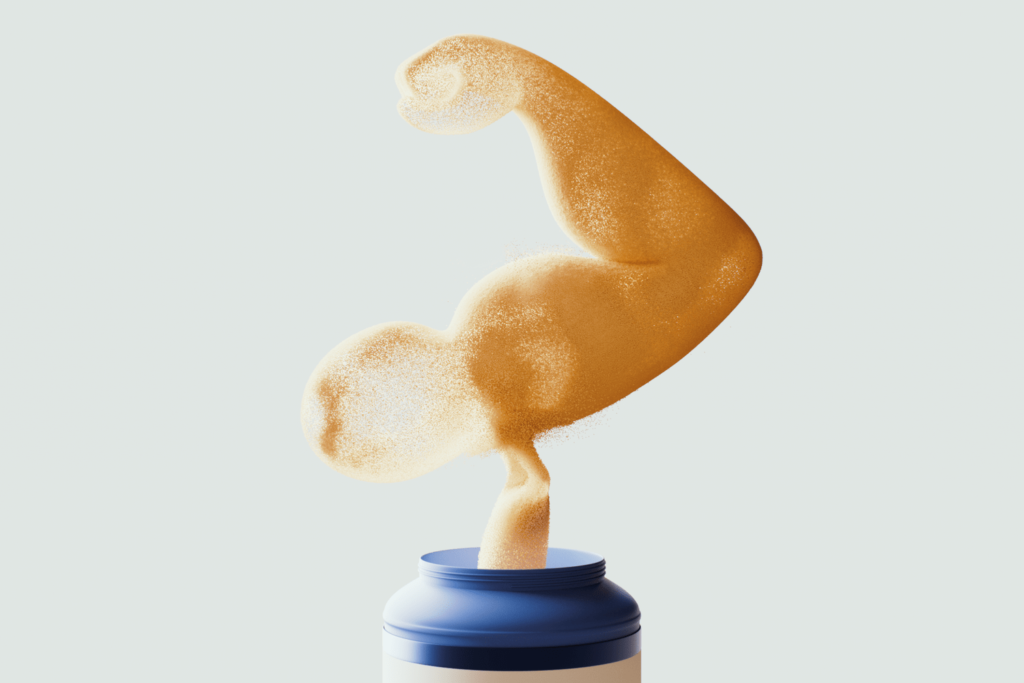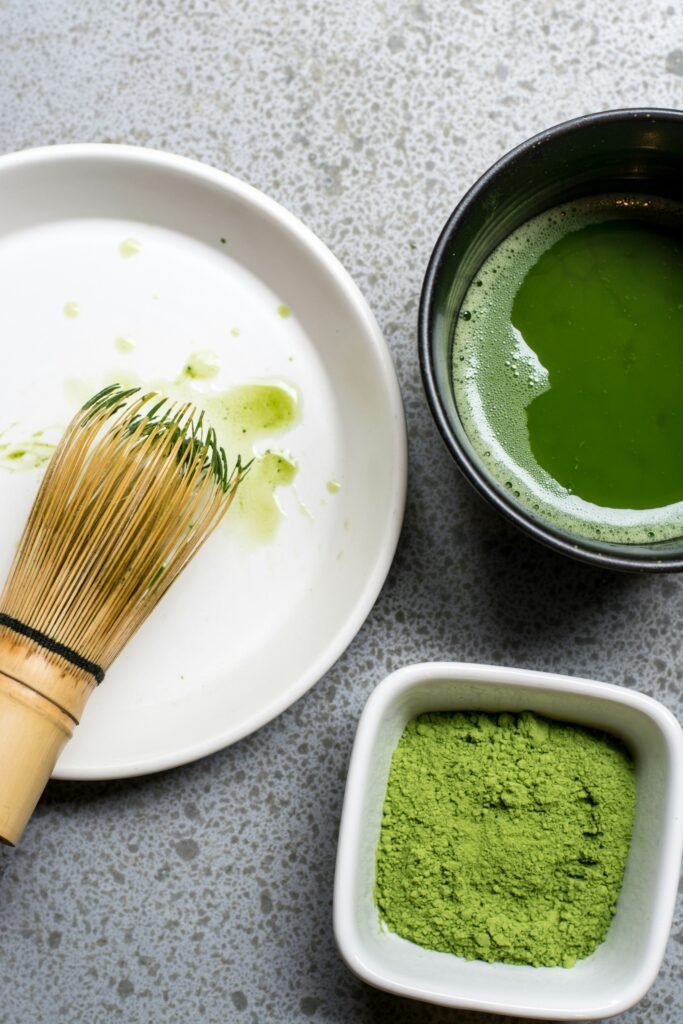
Have you ever paused mid-scoop and wondered whether your protein powder is really delivering on its promises? In a world flooded with health supplements touted as miracle solutions, protein powders have certainly carved out a hefty niche. Yet, this abundance comes with its own set of doubts. Is protein powder merely a marketing gimmick dressing up soy flour and sugar, or is it an essential dietary ally? Let’s embark on a fact-finding mission to separate the truth from the fiction surrounding this multi-billion-dollar industry, and ensure that each scoop you chug is truly nourishing your body and not your skepticism.

Introduction: Fake Protein Powders—The Hidden Problem
The allure of protein powders is as potent as the promises they make—who wouldn’t want a shortcut to a stronger, leaner physique? With shelves brimming with options, we’d like to assume all of them are trustworthy. But the reality is starkly different. Some powders boast only half the protein their labels declare, substituting it with fillers like sugar or flour. This isn’t just frustrating; it could be derailing your fitness journey. Such deceitful products can leave your hard-earned money in dust and gains in question. Understanding this hidden epidemic is the first step toward informed choices.
Why Protein Powders Are So Popular (and Scammers Love Them)
Protein powders promise muscle growth, recovery, and even meal replacement in a fast-paced world where time is of the essence. Their convenience cannot be overstated—imagine whipping up a protein-packed snack with the flick of a wrist! However, this same convenience paves the way for scams. The high demand paired with the potential for significant profits creates a magnet for dishonest players. Much like buying knockoff designer goods, it’s easy to be duped into believing you’re purchasing quality when you’re not.
How Companies Trick You: The Dirty Secrets
Protein Spiking: The Bait and Switch
Protein spiking is the industry’s way of tricking protein tests by adding cheaper amino acids like glycine or taurine. This rogue practice is akin to watering down your soup but branding it as ‘extra hearty.’ It allows companies to deceive both the tests and you, the consumer, while skimping on actual protein content.
Hidden Fillers and Label Lies
Another underhanded trick involves padding products with hidden fillers such as sugar, rice flour, or unknown additives. A label’s grandiose claims can distract from its ingredients list, which might be counting on your negligence. These misleading tactics often render your supplements more of a confection than a health product.
| Common Fillers | Potential Consequences |
|---|---|
| Sugars | Unwanted calorie intake, weight gain |
| Rice Flour | Reduced nutritional value |
| Artificial Additives | Possible digestive or health issues |
Understanding these practices helps you see beyond the marketing to the true value—or lack thereof—of the product.
Why Fake Protein Powders Are Bad for You
Inadequate Protein
The primary reason you reach for that jar of protein powder is to fuel your muscles. Yet with fake powders, that goal remains elusive. An inadequate protein supply means you’re essentially short-changing your body’s recovery process, potentially negating the very workouts where you broke through sweat and strain.
Hidden Sugars and Health Hazards
Pseudo protein powders bring hidden sugars that turn your health drink into a dessert in disguise. Instead of aiding fat loss or muscle gain, they contribute to weight gain in the form of fat. Not to mention, consuming low-quality fillers can lead to stomach discomfort or broader health issues. It’s like setting out to carve abs but inadvertently fueling your love handles.

How to Spot Fake Protein Powders: Your Checklist
Here’s where you take control. Ensuring your chosen protein powder isn’t an imposter is simpler when you know what to look for. Here’s a checklist to confirm the legitimacy of your supplement:
-
Check for Third-Party Testing: Look for credible certifications like NSF Certified, Informed Choice, or Labdoor which validate product claims.
-
Read the Ingredient List: Steer clear of “proprietary blends” that mask real contents and avoid any ingredients or additives you can’t pronounce.
-
Look for Protein Source: Identify solid sources like whey, pea, or soy protein as the key ingredients.
-
Research the Brand: Trust is earned; skim through reviews to gauge reliability beyond dazzling marketing.
-
Trust Your Instincts: If the price seems unusually low for a premium product, it might indicate corners cut on quality.
Safe Alternatives: The Best Ways to Get Protein
There’s peace of mind in reliable sources. Whether through a trusted protein powder or the bounty of nature, safety lies in transparency and reputation.
Whey Protein
Tried and tested, whey protein is a reliable, high-quality source. It’s also rapidly absorbed, making it ideal post-workout nourishment.
Plant-Based Proteins
Pea, soy, or hemp proteins provide rich plant-based alternatives, ensuring vegans are spoilt for choice without compromising on quality.
Natural Whole Foods
Don’t overlook nature’s bounty. Protein-rich staples like eggs, chicken, beans, and Greek yogurt often provide complete nutrient profiles, reducing dependency on supplements.
Choosing real, whole foods for your protein needs can often be the simplest and safest method, reflective of nature’s intention for nourishment.

Final Thoughts: Don’t Get Fooled Again
Navigating the protein powder labyrinth need not be daunting. By distinguishing the façade from the reality, you safeguard your health, your wallet, and your goals. Use the tools at your disposal, like our checklist, to become a discerning consumer. Next time you prepare your post-workout shake, perhaps ask yourself, have you scrutinized your protein powder label recently? And do you know your go-to protein source? Feel free to share your thoughts and experiences below.
Such inquiries and insights pave a path to informed decisions, ensuring your health is genuinely supported rather than artfully exploited.





